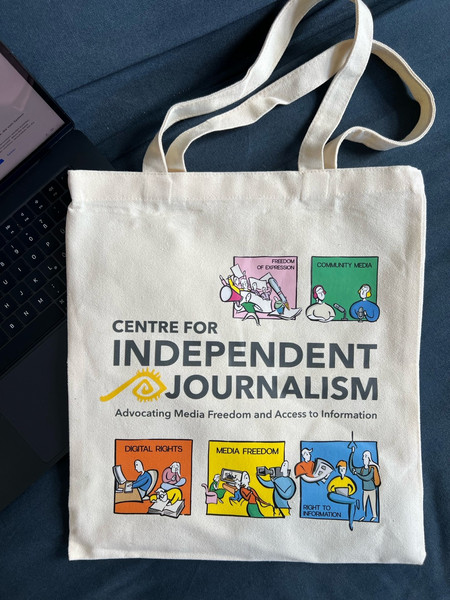Über den Workshop:
Der Workshop, der am 9. Juli 2025 in Kuala Lumpur stattfand, ermöglichte einen wertvollen Erfahrungs- und Wissensaustausch zwischen Experten aus verschiedenen Bereichen der Medien- und Kommunikationswissenschaft, wobei der Schwerpunkt auf vergleichenden Analysen von Moral Panic und polarisierenden Mediendiskursen in Malaysia und Deutschland lag. Die Teilnehmer, darunter Vertreter von akademischen Einrichtungen und unabhängigen Journalistenorganisationen, diskutierten sowohl theoretische als auch methodologische Perspektiven und betonten, wie lokale Vorfälle zu symbolischen Konfliktfeldern werden und polarisierende Narrative innerhalb der Mediendiskurse befeuern. Diese Erkenntnisse sind für die Weiterentwicklung der vergleichenden Forschung zu polarisierter Kommunikation und Medienkontrolle von großer Bedeutung.
Organisatoren:
- Gayathry Venkiteswaran und Melanie Radue
Referenten:
- Zaharom Nain (Nottingham University Malaysia): The 3 R´s in Malaysia: Media and Polarization
- Azmyl Yunor (Sunway University Malaysia): The concept of Moral Panics
- Tung Wan Qing (Sunway University Malaysia): May 13 narratives
- Dineshwara Naidu and Irfan Naveen (CIJ, Malaysia): CIJs monitoring of hate speech
Über das Projekt
Das Projekt „Splitting Waves: Comparative Analysis of Polarised Discourses in Malaysian and German Political Communication Networks” untersucht, wie sich polarisierte Mediendiskurse und politische Instrumentalisierung in Deutschland und Malaysia entwickeln – zwei Gesellschaften, die von wachsendem Populismus und ethnischen oder sozialen Spannungen geprägt sind.
Mit Fokus auf die „Berliner Schwimmbad-Unruhen“ in Deutschland und die „KK Mart Halal Mockery“ in Malaysia zeigt die Studie, wie lokale Vorfälle moralisch polarisierende Debatten auslösen, die von politischen Akteuren genutzt werden, um populistische Narrative zu mobilisieren und Identitätspolitik zu verstärken.
Methodisch verfolgt das Projekt einen Ansatz, der sich auf „Most Different Systems – Similar Outcomes Design“ stützt und hervorhebt, wie strukturell unterschiedliche Gesellschaften ähnliche diskursive Konsequenzen erfahren können – indem sie isolierte Vorfälle in umfassendere Narrative über kulturelle Bedrohungen und moralische Konflikte mit hohem Einsatz verwandeln. Die Analyse basiert auf dem Konzept der „moralischen Panik“ und untersucht, wie sowohl Medieninstitutionen als auch politische Akteure Bedrohungen für gesellschaftliche Werte konstruieren, seien es religiöse Normen oder die öffentliche Ordnung, und damit die Polarisierung schüren und Demokratisierungsprozesse erschweren. Die Forschung stützt sich auf aktuelle theoretische Erweiterungen wie „polarised moral panics“ und „dual panics“, um das Verständnis dafür zu vertiefen, wie diese Episoden Spannungen eskalieren lassen und zu anhaltenden politischen und sozialen Spaltungen in beiden Ländern beitragen.


